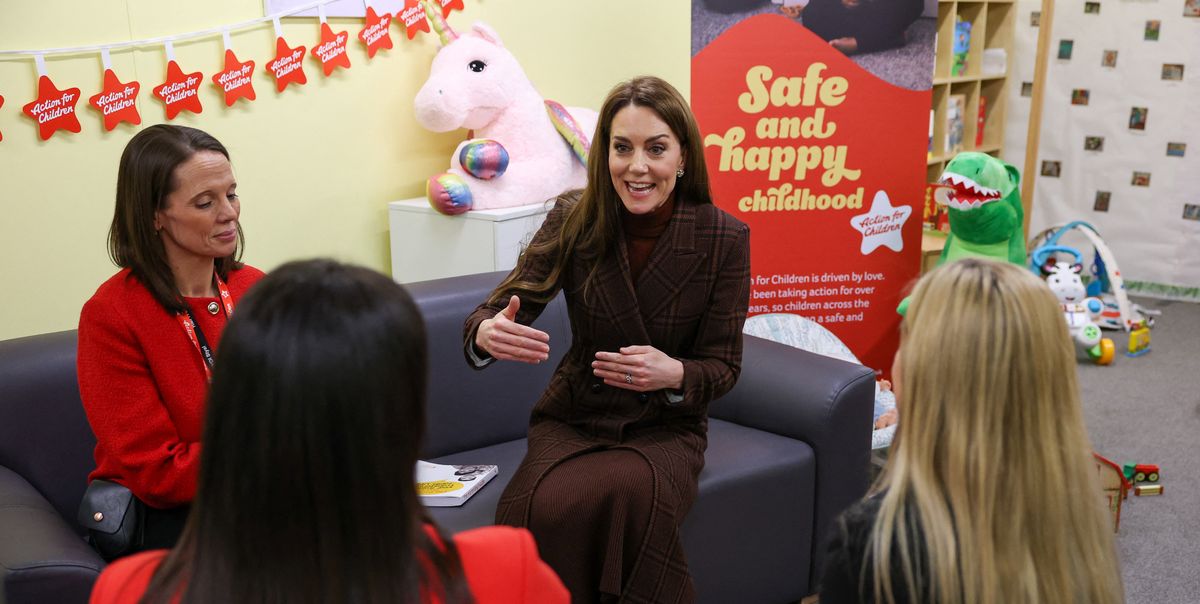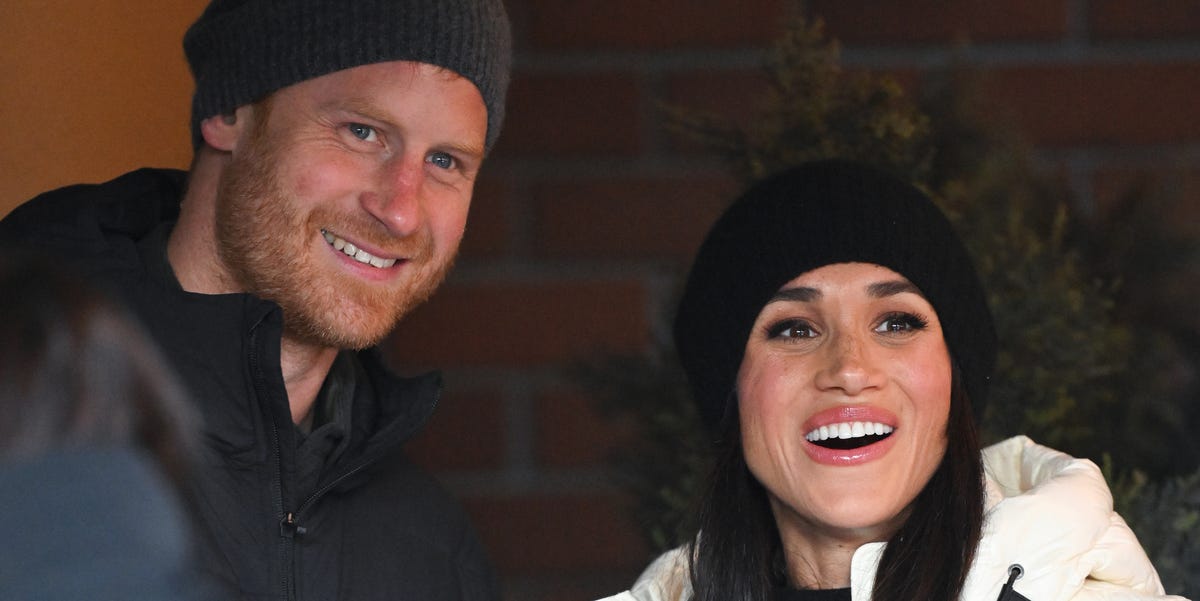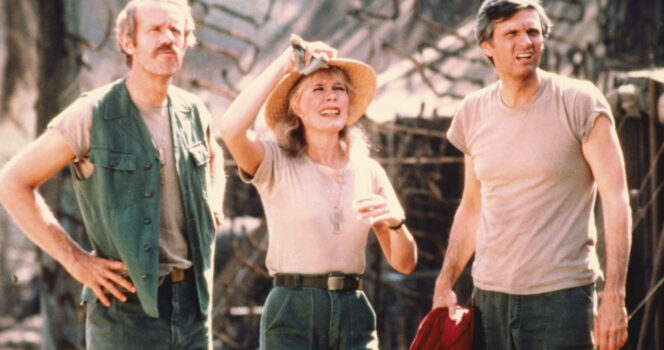
If you’re a M*A*S*H enthusiast like myself, you must have witnessed the funny moments, emotional scenes, and unforgettable characters.
MASH, recognized for its clever writing, emotional complexity, and sarcastic humor, swiftly became a cherished cultural icon on American television.
Nevertheless, behind the camera, the show had its flaws, inaccuracies, and inconsistencies – many of which eluded the devoted viewers…
Growing up in the ’80s, MASH was always in the background, its theme song playing at bedtime. Although I never got past the intro back then, I eventually gave the series a chance years later – and have been captivated ever since.
MASH transcended being just a TV series; it was a cultural sensation that united families. The 1983 finale gripped nearly half of the U.S. population, making it the most-watched prime-time episode to date.
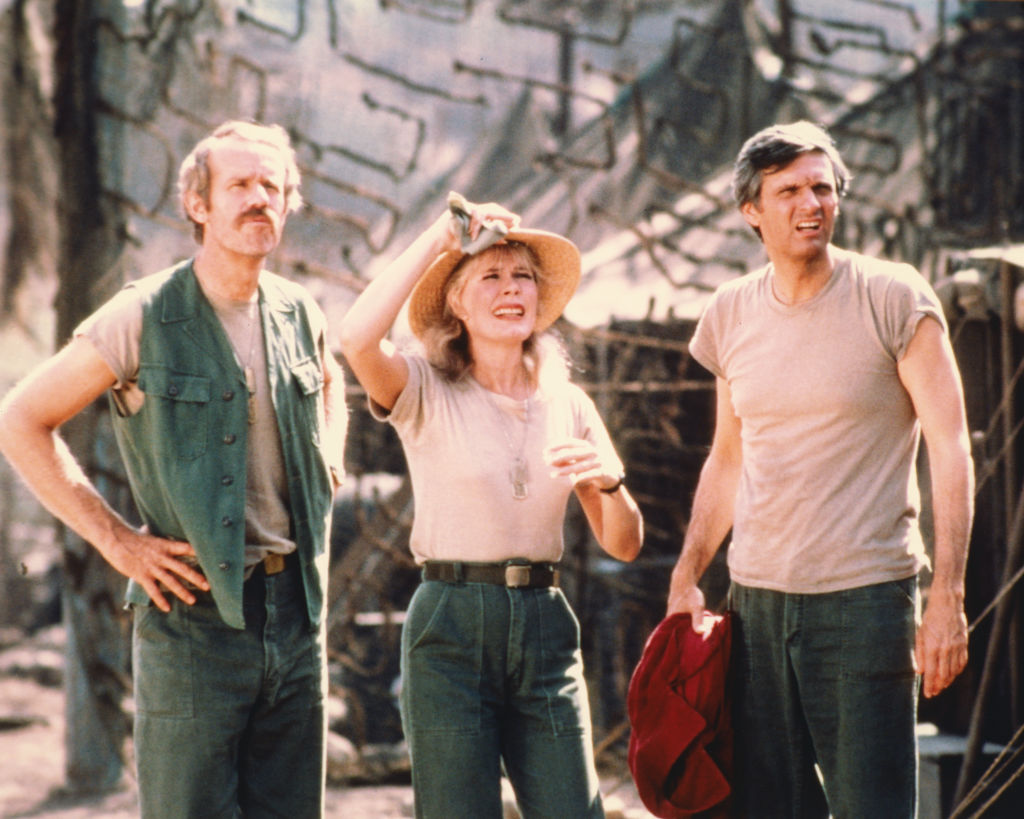
As many know, MASH is set amidst the Korean War, focusing on a team of medical professionals in a mobile surgical army hospital (MASH). They tackle the trials of war, medicine, and personal connections, using humor and heart to navigate the turmoil.
This series leaves a lasting impact, and as I revisit some episodes, I uncover the lesser-known blunders and slip-ups that add to its charm. Are you familiar with these?
Fatal case of hepatitis
Were you aware that William Christopher, who portrayed the beloved Father Mulcahy, endured a severe hepatitis episode in season five?
The illness nearly forced him out of the series for good. The producers even contemplated writing Mulcahy off the show. However, Alan Alda, being the stand-up guy he is, wouldn’t allow it. Understanding the significance of consistent work for Christopher, especially with his son’s autism, Alda ingeniously integrated Christopher’s ailment into Mulcahy’s storyline in an entire episode (Hepatitis). Talk about true friendship and a clever solution to retain Father Mulcahy.
Frank Burns’ tumor prediction
In the Hepatitis episode, sharp-witted Hawkeye (Alan Alda) checks Frank Burns, who casually mentions having “a tumor the size of a pea under my breastbone.”
Ironically, years later, the actor behind Frank, Larry Linville, tragically passed away from a malignant tumor under his breastbone. Sometimes life mimics art in unexpected – and slightly eerie – ways.
From one-time wonder to fan favorite
Not many actors would embrace wearing dresses and skirts like Jamie Farr did as Klinger on MASH, yet he embodied the eccentric Max Klinger role with remarkable charm and humor. He truly elevated the series and became an indispensable part of it.
Interestingly, Farr was originally meant for a single episode. However, his immense popularity among fans secured him a permanent spot on the show.
The truth about the name tags
Those name tags Jamie Farr sported in the show? They were his authentic military name tags from his pre-acting service days!
Revealed in an interview in the Medicine and Martinis box set, the tags bore his personal information, including his name, serial number, and even his religion. Talk about authenticity!
Have you spotted the military errors?
In the iconic season 2 episode For the Good of the Outfit, besides delivering iconic moments, MASH raised eyebrows with military inaccuracies. One prominent error? A Bell Huey UH-1 helicopter hanging in Henry Blake’s office. The catch? The Huey didn’t make its first flight until 1956, years post the Korean War era portrayed in MASH. So, it’s safe to say this piece of military history didn’t align with the timeline!
The death of Lieutenant Colonel Blake
Lieutenant Colonel Blake’s demise in MASH stood out as one of the most shocking and controversial moments in TV history. Fans and critics were left stunned when McLean Stevenson, who exited the series in 1975, met an abrupt and dramatic end (plane crash returning to the U.S.).
Back then, such a major character’s sudden death in a primetime series was unprecedented. While many were taken aback, the writers and producers defended the decision, citing its intention to highlight the grim reality of war.
Producers made a pact
Following the overwhelming hate mail post Lieutenant Colonel Blake’s startling death, the series’ writers and producers made a pact.
They agreed that in case an actor opted to leave MASH in the future, they would refrain from giving their character such a tragic farewell again. The backlash was so poignant that it led to a shift in how character departures were handled in the series.
The secret behind Radar’s left hand
For seven seasons, from 1972 to 1983, Gary Burghoff portrayed the lovable Cpl. Walter ‘Radar’ O’Reilly, a naive army clerk and occasional bugle player.
Did you ever notice Gary’s discreet quality as Radar, which he intentionally kept out of the limelight? Born with Poland syndrome, causing underdeveloped chest muscles and sometimes webbed fingers, Gary concealed his left hand during scenes.
Whether holding a clipboard or concealing it in his pocket, he ensured the focus remained on his acting rather than his hand.
Why Radar left M*A*S*H
Despite appearing in every episode initially, Burghoff’s demanding schedule took a toll on his family life. This resulted in his character featuring in only 13 episodes in season seven, down from the previous 24.
Radar bid farewell in season seven with a two-part exit, Good-Bye Radar, elucidating his army discharge.
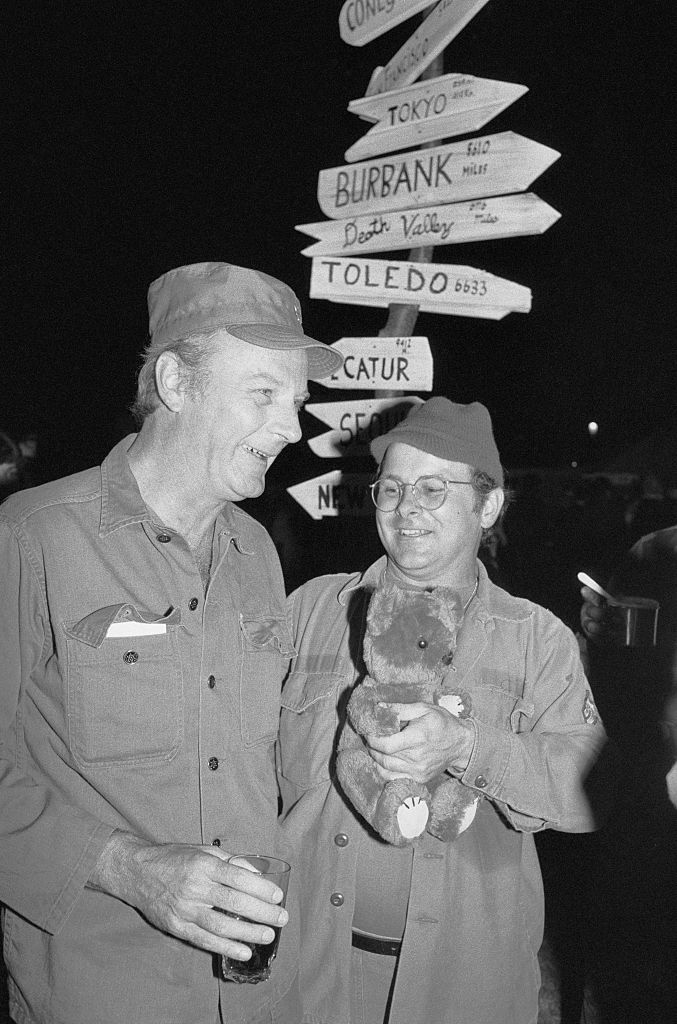
Upon exiting M*A*S*H, Burghoff reflected, “I didn’t leave M*A*S*H a wealthy person. Money wasn’t my top priority. You want to either be rich and famous, or you want to be a father, not both.”
Radar’s rabies remedy
In the episode Mad Dogs and Servicemen (1974), Radar is portrayed in bed with a potential case of rabies.
To lift his spirits, Margaret reads him a letter referencing two popular songs: “Diddy Wah Diddy” by Bo Diddley and ‘The Wayward Wind’ by Gogi Grant. However, here’s the catch – both songs debuted in 1956, post the Korean War, creating a discrepancy in the timeline.
Too stylish for the frontlines
Not all MASH characters sported military-appropriate hairstyles of the 1950s! As the series unfolded, only Colonel Potter and Major Winchester truly embodied the 1950s military appearance. The rest? Well, let’s just say they embraced a touch too much fashion for military protocols.
Hawkeye’s ever-changing backstory
Hawkeye’s background journey in MASH traverses twists and turns. Initially, he hailed from Vermont with a living family, complete with a married sister sending handmade sweaters and a cousin.
As the series progressed, his origins shifted to Crabapple Cove, Maine, as an only child, with his mother passing away when he was young. Despite the factual inconsistencies, Alan Alda, the actor behind Hawkeye, embraced the character evolution, relishing the opportunity for growth across the series.
Hawkeye’s sarcasm, Alda’s genius
Did you know Alan Alda made history by clinching Emmys for acting, writing, and directing in a single series? Now, that’s talent.
In the episode Comrades in Arms, when Winchester protests Hawkeye and BJ’s singing in the shower, Hawkeye quips, “Don’t blame me, I didn’t write this.” The twist? Alan Alda, embodying Hawkeye, actually wrote the line! This moment epitomizes Alda’s prowess in blending humor and character-driven narratives.
The truth about Loretta Swit and Alan Alda
While some favor the earlier MASH seasons and others the later ones, the evolving series shifted from fantastic comedy to a rich blend of drama and humor.
Let’s delve into the iconic duo of the show: Hawkeye and Margaret Houlihan, portrayed by Alan Alda and Loretta Swit. Their bond added depth to the transition from comedy to drama.
In the initial seasons, their dynamic exuded professional respect as skilled medical practitioners, tinged with a subtle attraction. As time progressed, their relationship matured, evolving from witty exchanges to a profound emotional connection.
The decisive moment of Hawkeye and Margaret
In an interview with Yahoo, Swit elucidated: “They grew to be loving friends. There are different kinds of love, and there was a very strong love between them. If you look at the series over time, their relationship grew and deepened. Initially, Margaret admired him as a brilliant surgeon, hence the respect.”
The pivotal spark ignited in the two-part Season 6 episode Comrades in Arms, where they found themselves stranded at night amid North Korean threats. Following a heartfelt conversation, they acknowledged their emotions and shared a passionate night. Although their intimate encounter didn’t lead to lasting romance, Swit believes it marked a pivotal juncture for both characters.

